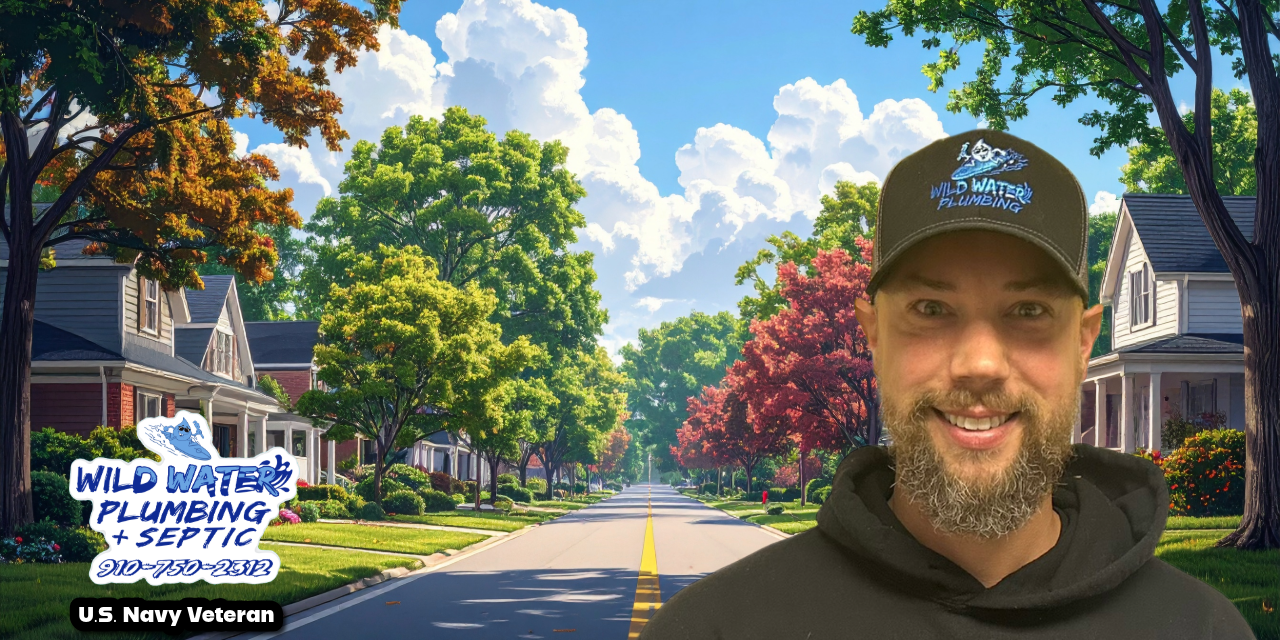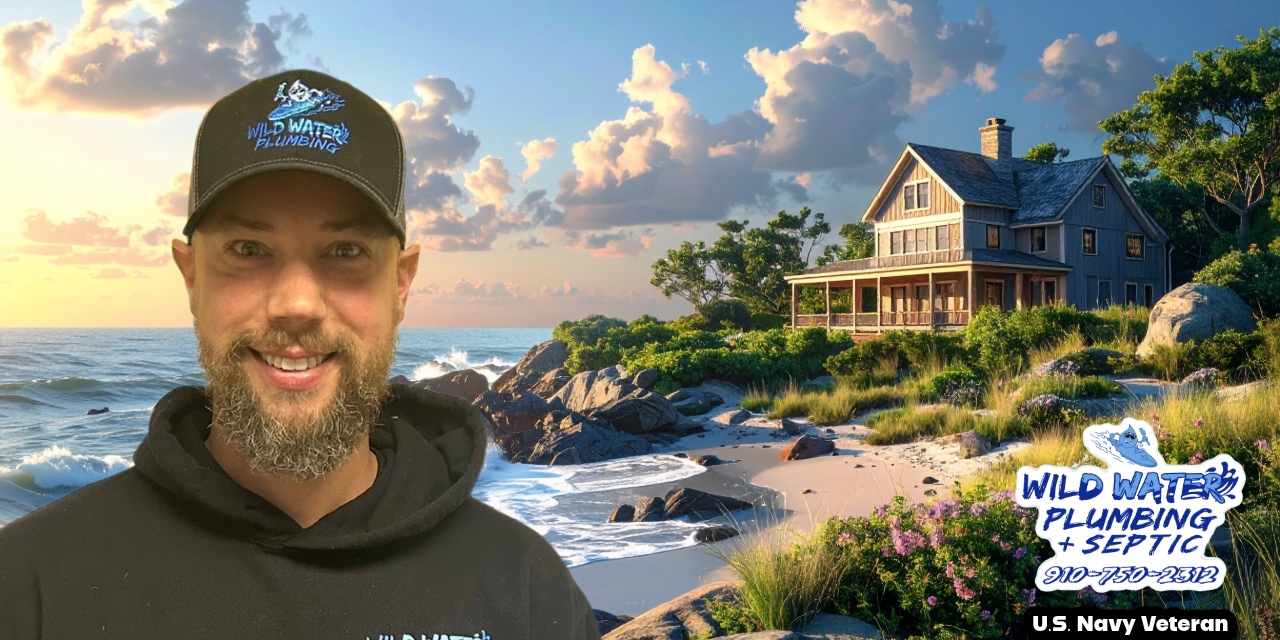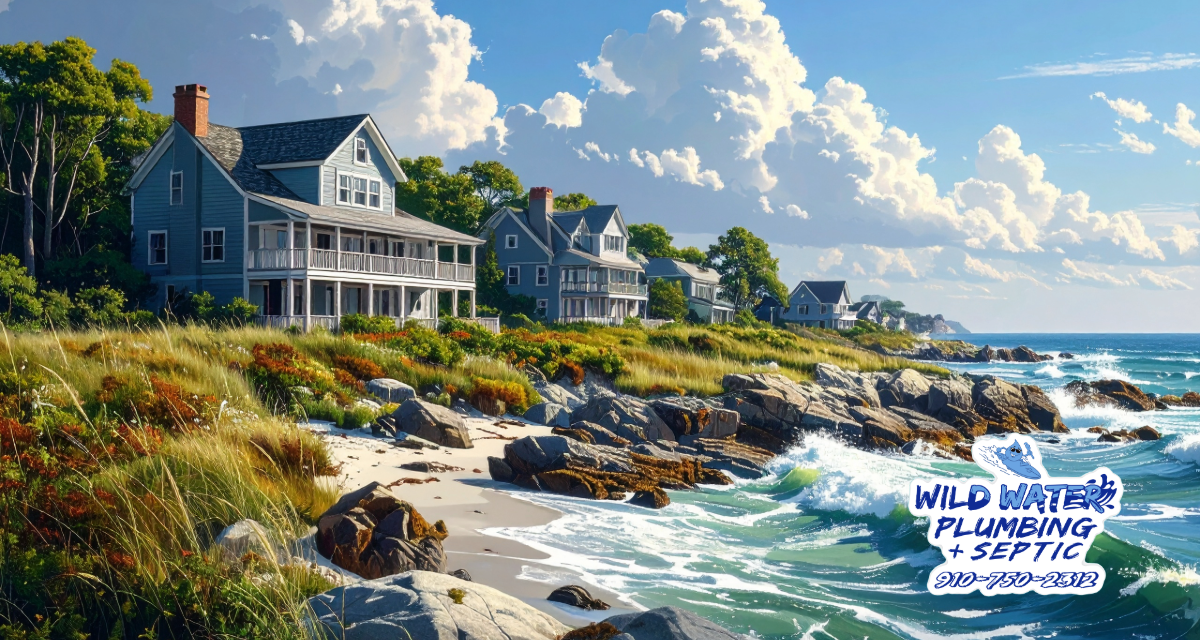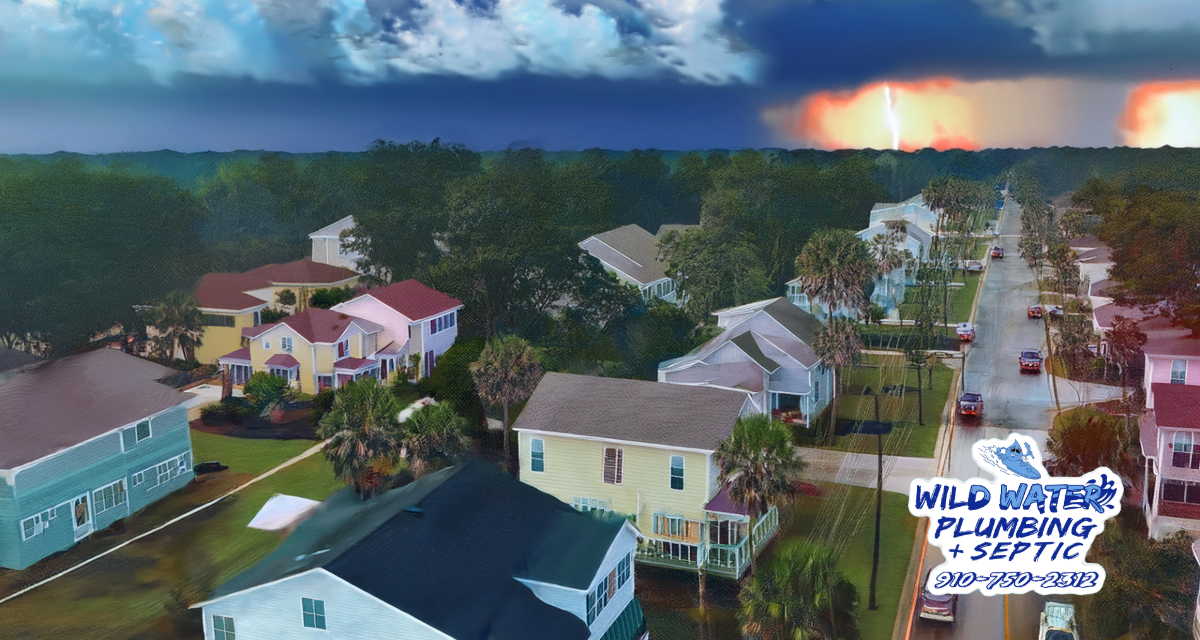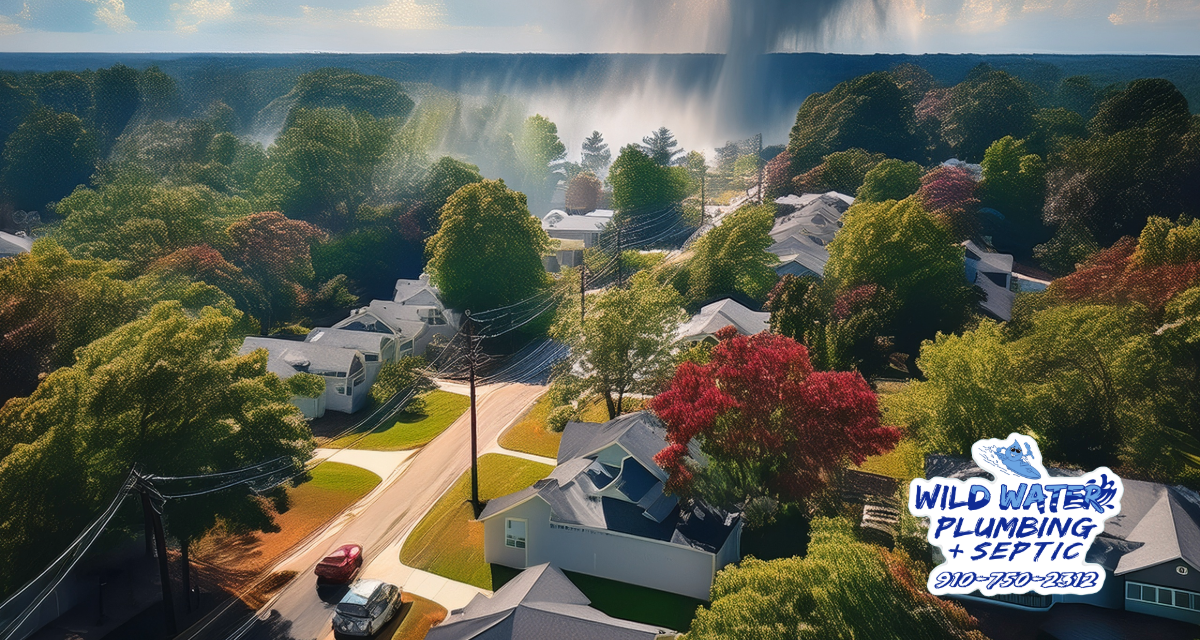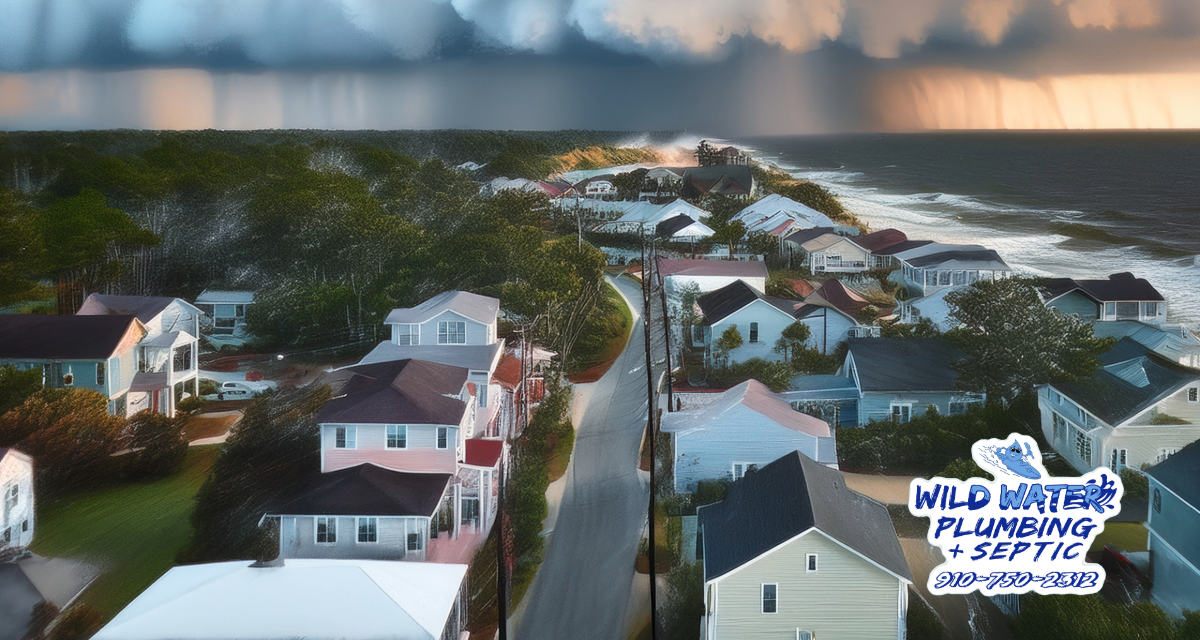Coastal North Carolina Sump Pump Troubleshooting Guide
Living in coastal North Carolina means heavy rain, hurricanes, and rising groundwater are a fact of life. This guide explains how sump pumps fail, how to troubleshoot problems fast, and how homeowners in Onslow County can protect their homes before storms cause costly flooding.


